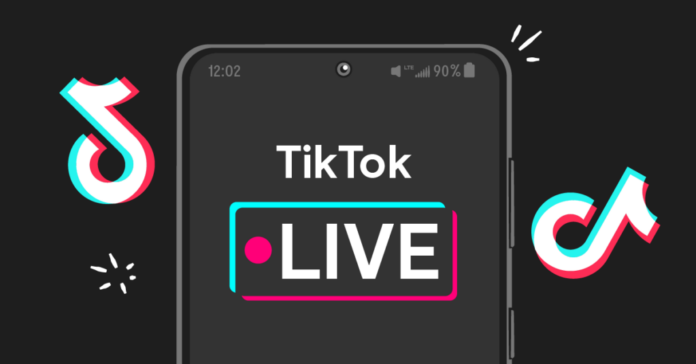TikTok is facing allegations from the state of Utah that it ignored harmful activities on its livestreaming platform because it profited from them.
According to newly unsealed materials from a lawsuit, TikTok’s livestreaming feature encouraged sexual behavior and exposed children to exploitation. The accusations come as TikTok faces a potential ban in the United States unless its Chinese parent company, ByteDance, sells the app by January 19.
The lawsuit, originally filed by Utah’s Division of Consumer Protection in June, claims TikTok’s Live feature acted as a “virtual strip club,” connecting minors with adult predators in real time. Internal TikTok investigations, including a 2022 probe called Project Meramec, found that hundreds of thousands of 13-to-15-year-olds bypassed age restrictions to access Live. Many of these children were allegedly groomed to perform sexual acts in exchange for virtual gifts.
Another internal investigation, Project Jupiter, discovered in 2021 that Live was used by criminals for activities such as money laundering, drug sales, and funding terrorism, including by Islamic State. A separate study conducted by TikTok in December 2023 highlighted risks to minors using the app and described these challenges as “the cruelty” of maintaining Live under its current framework.
TikTok has argued against releasing this information, citing confidentiality concerns and potential misuse by bad actors. However, Utah state judge Coral Sanchez ordered much of the previously redacted material to be disclosed on December 19. TikTok responded to the lawsuit, saying it has implemented proactive safety measures and accused the complaint of presenting misleading information.
Utah Attorney General Sean Reyes has criticized TikTok, saying the unredacted complaint provides evidence of its harmful practices, which will be demonstrated at trial. In October, 13 states and Washington, D.C., filed a separate lawsuit against TikTok, alleging it exploits children and promotes addiction to the app.
The allegations add to broader concerns about TikTok’s ties to China. President Joe Biden signed legislation in April allowing a potential ban on TikTok, citing national security risks related to data collection. The U.S. Supreme Court will hear arguments on January 10 regarding whether the ban should be delayed, with a decision expected shortly afterward. President-elect Donald Trump has asked the court to pause the ban. TikTok maintains that it prioritizes safety and is committed to protecting its users.




